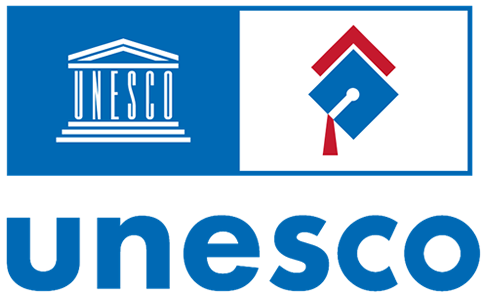Violencias persistentes: La educación superior y una vida libre de violencia para las mujeres
Resumen
Pese a los avances en el acceso de las mujeres a la educación superior en América Latina y México, diversas formas de violencia continúan afectando su experiencia universitaria. Este artículo presenta un estudio comparativo entre cinco países de la región (México, Argentina, Colombia, Chile y Brasil), con el fin de analizar cómo el acceso a espacios académicos no implica la erradicación de prácticas y estructuras que reproducen la violencia de género en el ámbito educativo. A través de un enfoque cualitativo, se desarrolla un análisis documental e interpretativo con base en estudios recientes, reportes institucionales y literatura especializada. La perspectiva interseccional (Crenshaw, 1989, 1991) guía la identificación de las múltiples violencias que enfrentan las mujeres universitarias, considerando no solo su condición de género, sino también factores como la clase, el origen étnico y la territorialidad. Los resultados revelan que, a pesar de la creciente participación femenina, persisten formas de violencia institucional, simbólica y sexual, así como mecanismos de exclusión epistémica y discriminación. Asimismo, se destaca la agencia de las mujeres mediante acciones colectivas que buscan transformar estas realidades desde dentro de las universidades. El artículo concluye que el acceso por sí solo no garantiza el derecho a una vida libre de violencia, y que es necesaria una transformación estructural de los espacios universitarios. Se aboga por políticas integrales, enfoques interseccionales y mecanismos efectivos para construir entornos académicos seguros, inclusivos y equitativos.
Derechos de autor 2025 Luis Fernando González Pescador

Esta obra está bajo licencia internacional Creative Commons Reconocimiento-NoComercial 4.0.
Los derechos de autor permiten la protección del material original, y frena la utilización del trabajo ajeno sin permiso. UNESCO IESALC se adhiere a las licencias Creative Commons en la publicación de acceso abierto de la ESS. En concreto, los textos publicados en esta revista están sujetos a una licencia Creative Commons Reconocimiento-NoComercial 4.0 Internacional (CC BY-NC 4.0): La ESS es una revista de acceso abierto, lo que significa que todo el contenido está disponible gratuitamente para el usuario o su institución. Los usuarios pueden leer, descargar, copiar, distribuir, imprimir, buscar o enlazar a los textos completos de los artículos, o utilizarlos para cualquier otro fin lícito, sin pedir permiso previo al editor o al autor, procurando siempre cite al autor. No se permite el uso comercial. La ESS requiere que los autores acepten el Copyright Notice como parte del proceso de envío. Los autores conservan todos los derechos.
La licencia completa puede consultarse en https://creativecommons.org/licenses/by-nc/4.0/
 Reconocimiento – NoComercial (CC BY-NC 4.0)
Reconocimiento – NoComercial (CC BY-NC 4.0)
Esta revista no aplica ningún tipo de cargo a los autores por la presentación o procesado de los artículos. Los autores de las colaboraciones recibirán acuse de recibo de que el trabajo ha llegado al Equipo Editorial de la Revista.




.png)
